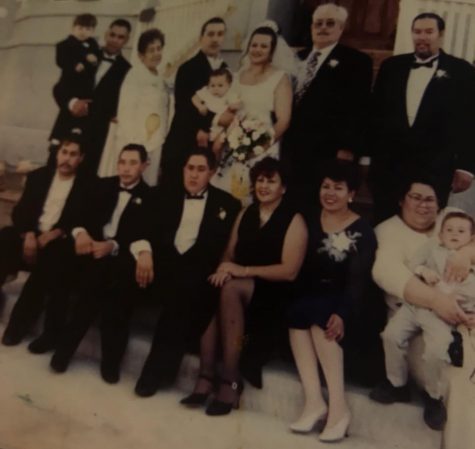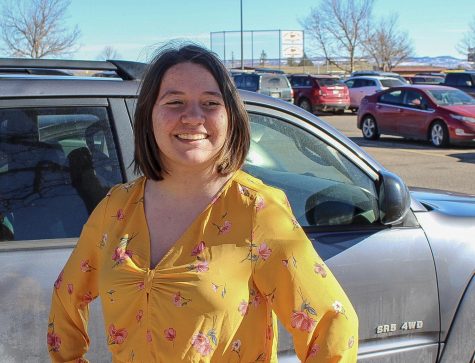A Better System
August 30, 2018

As we start the school year, we watch as many children begin school for the first time. For the next twelve years, they will deal with the mixed experiences of school, ones that will shape who they become. However, the parents of four-year-old Angela Becerra worry she will not get this opportunity, as their legally adopted four-year old’s application for citizenship was denied just before her first year of grade school was to start. It came as a major blow to the family, and ignited a furious discussion about citizenship and how naturalization works, but it also highlighted the complicated debate brewing in the United States for half of this girl’s life.
These past two years, a debate has surged among the country on the status of millions of undocumented immigrants. While some believe they should be sent back to their country, others want to hear the stories of why they are here. They want to judge whether or not the immigrants deserve legal status individually.
Being a second generation Mexican-American means my opinion has been skewed based on my individual experiences; this holds true for any opinion of mine, or anyone else’s. So, it shouldn’t come as a shock that I, someone who has grown up with her family (pictured below) being in the United States for less than fifty years, would have the opinion that these undocumented immigrants deserve to be heard.
But that isn’t what this piece is about. No, this is about the nation’s failed attempt to make this happen with their immigration courts. I have the privilege of saying my family does not worry about immigration court, and it is a weight off my shoulders that they do not. However, I know I have classmates and coworkers that do. When I debate this topic with others, I find that some people don’t know how immigration courts truly work.
When someone thinks of a court, they would presume that this court is run under the justice system. It’s what makes sense; this is a legal matter and should be dealt with as such. Unfortunately, this is not the case: Immigration courts fall under the executive branch, the same one as the president and his cabinet because it is not seen as a legal matter, but an administrative one. This means that immigration courts do not have an appointed jury to immigration cases and that the defendant does not have the right to an attorney.
While some may roll their eyes at this, even scoff, this has a more malevolent undertone: Children often find themselves in immigration court, some as young as two or three years old. A toddler may find themselves standing before a judge, unable to speak fully coherent sentences, expected to represent their case. They are expected to take the hearing seriously when many don’t realize they are fighting to stay in the only country they have ever known.
There is also the issue with “Dreamers,” a title representing over 3.6 million immigrants who came here as babies or small children. They must defend their right to stay in the country they’ve grown up in and managed to build a life in. They face their entire lives being ripped away in the blink of an eye, while people tell them they don’t deserve to be here. These same people will later come into my place of employment, donning those trademark red hats, and eat the food created and prepared by an immigrant, all while stabbing her in the back and saying she has no right to live in this country. Some of these people’s families have come here because their home country is so unsafe they fear death, or at the very least serious bodily injury. For these people, who look and sound like normal Americans with an accent, their right to live is being threatened if they return home.
The judges of immigration courts are expected to move quickly, due to the lack of actual courts dealing with immigration. In fact, there are fewer immigration courts than there are Radioshack stores. While there are 72 company-owned Radioshack stores, there are 58 immigration courts, dealing with the estimated 11 million undocumented immigrants in the country. This allows for many mistakes to happen; whether the courts made a mistake in the case of Angela Becerra is unknown, but if so, it is a horrendous one that has potentially altered the course of this child’s life.
We are a country built and maintained by immigrants, many of whom have forgotten their roots. Their ancestors may have come a century ago, or way back in 1620 on the Mayflower. Some have been here since the times of Native Americans. These immigrants do not want to infringe on your way of life; they simply want to exist without staring death in the face. Not all of them deserve to be here: some may threaten others’ way of life, which means they shouldn’t be allowed to stay in this country. However, in the end, there has to be a better way to handle these immigrants than putting them in a system designed for them to fail.
There just has to be.


